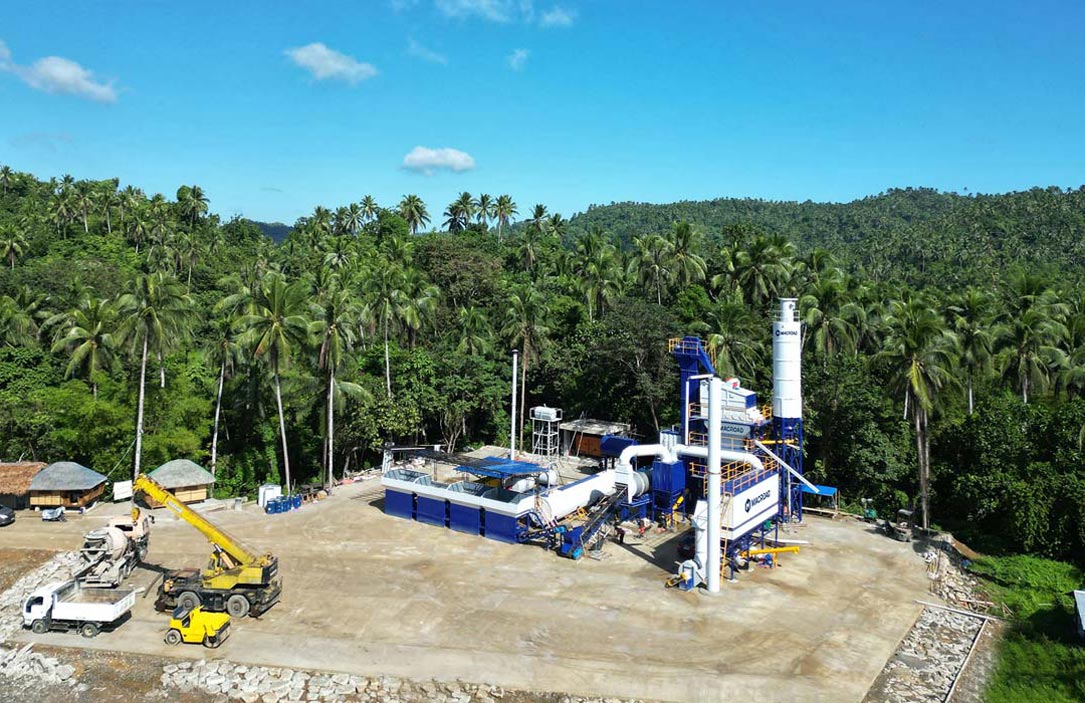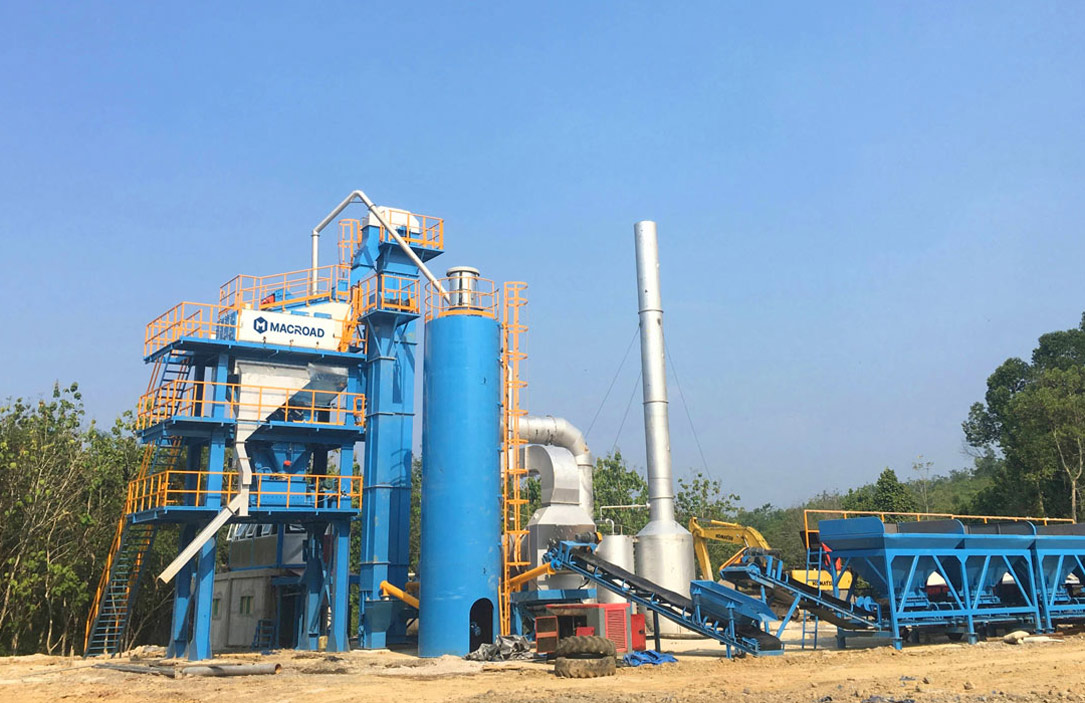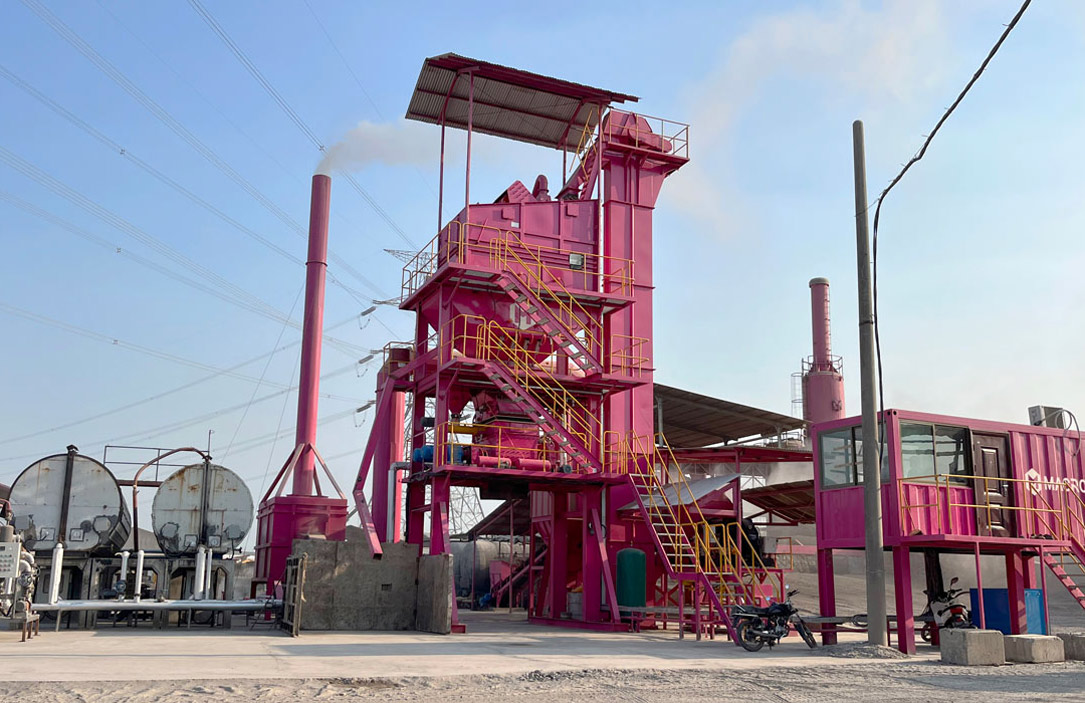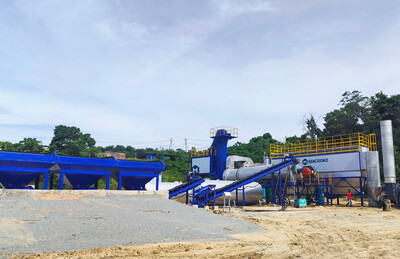Categories
Tags
-
#asphalt plant
#stationary asphalt plant
#mobile asphalt plant
#Batch mix asphalt plant
#Drum Mix Asphalt Plant
Archives
Achieving Predictive Maintenance of Asphalt Mixing Plants with
-
Digital twin technology is transforming the landscape of industrial operations, including asphalt mixing plants. By creating a virtual replica of physical assets, businesses can monitor performance, predict maintenance needs, and optimize operations. This article explores how digital twin technology can facilitate predictive maintenance for asphalt mixing plants, enhancing efficiency and reducing downtime.

Understanding Digital Twin Technology
Digital twin technology involves the creation of a real-time digital representation of a physical asset or system. In the context of asphalt mixing plants, this means developing a virtual model that mirrors the actual operations, including equipment status, performance metrics, and environmental conditions. By integrating sensors and IoT devices, operators can gather data that reflects the current state of the plant.
For instance, in stationary asphalt mixing plants, digital twins can track various parameters such as temperature, mixing times, and equipment performance. This real-time data allows for a comprehensive understanding of how the plant operates, making it easier to identify potential issues before they escalate into serious problems.

Predictive Maintenance: The Power of Data
One of the most significant advantages of using digital twins in asphalt mixing plants is the ability to implement predictive maintenance strategies. By analyzing the data collected from the digital twin, operators can predict when equipment is likely to fail or require maintenance. This proactive approach minimizes unexpected breakdowns and reduces maintenance costs.
For example, if a digital twin detects that a component is operating outside of its normal parameters—such as excessive vibration in a drum mix asphalt plant—operators can schedule maintenance before a failure occurs. This not only avoids costly downtime but also extends the lifespan of the equipment, contributing to a more efficient operation.
Moreover, predictive maintenance enabled by digital twins allows for better resource allocation. Instead of performing routine maintenance on a fixed schedule, operators can focus their efforts on equipment that truly needs attention based on data-driven insights.

Enhancing Operational Efficiency
In addition to predictive maintenance, digital twin technology enhances overall operational efficiency in asphalt mixing plants. The insights gained from monitoring the digital twin can inform decisions related to production processes, energy consumption, and material usage.
For instance, if the digital twin indicates that a particular mix design is yielding suboptimal results, operators can adjust parameters in real time to improve performance. This level of responsiveness is particularly valuable in mobile and aspal mixing plant mini, where flexibility and adaptability are essential for meeting project demands.
Furthermore, integrating digital twin technology can facilitate better training for operational staff. By simulating various scenarios and outcomes within the digital twin, team members can gain a deeper understanding of plant operations and maintenance requirements. This leads to improved decision-making and operational performance.
Conclusion
In conclusion, digital twin technology offers a powerful solution for achieving predictive maintenance in asphalt mixing plants. By creating a real-time digital representation of the plant, operators can monitor performance, predict maintenance needs, and enhance overall operational efficiency.
As the asphalt industry continues to evolve, leveraging digital twin technology will be essential for maintaining competitive advantages. Whether utilizing fixed, mobile, or small portable asphalt mixing plants, embracing this innovation will lead to reduced downtime and improved productivity, ultimately contributing to the success of asphalt production operations.





